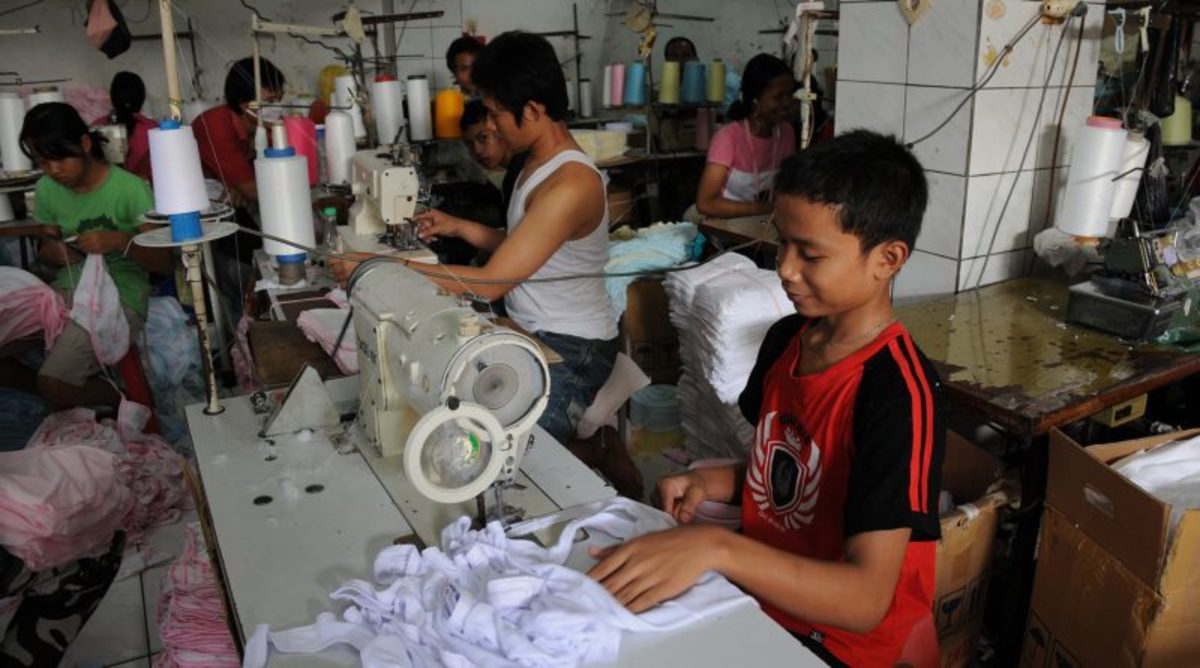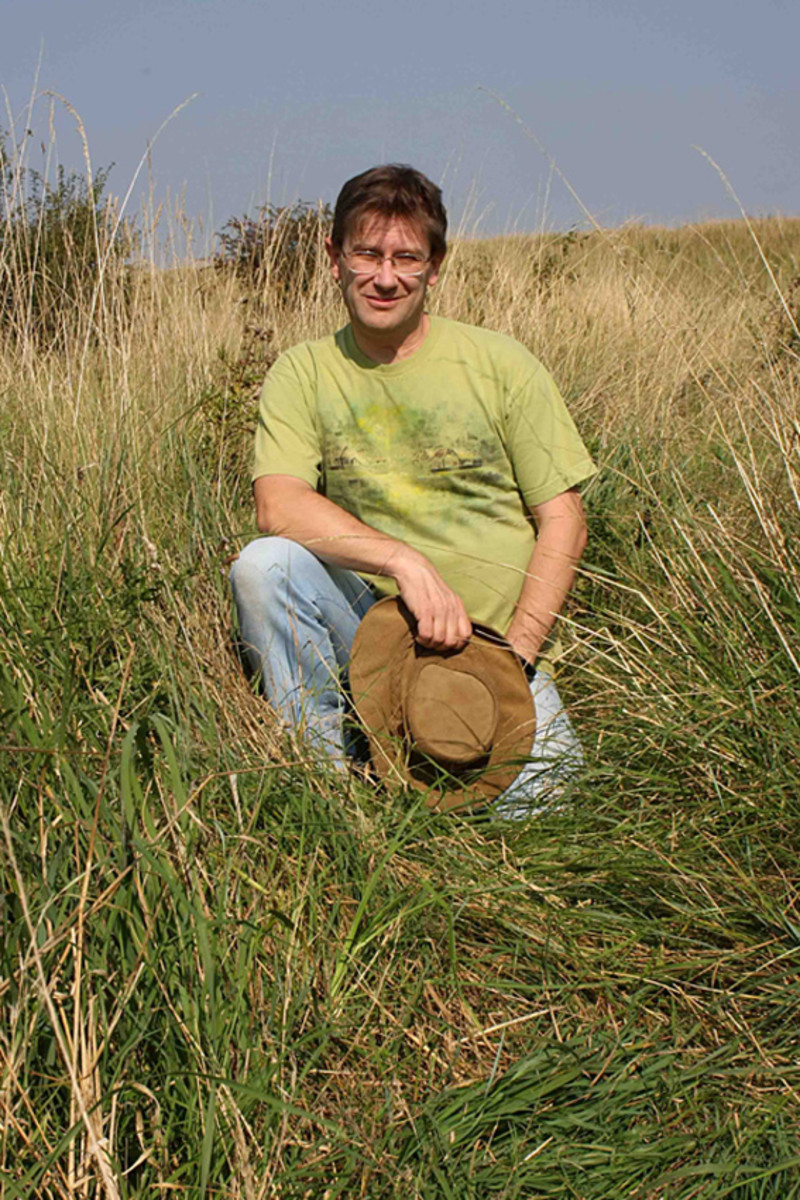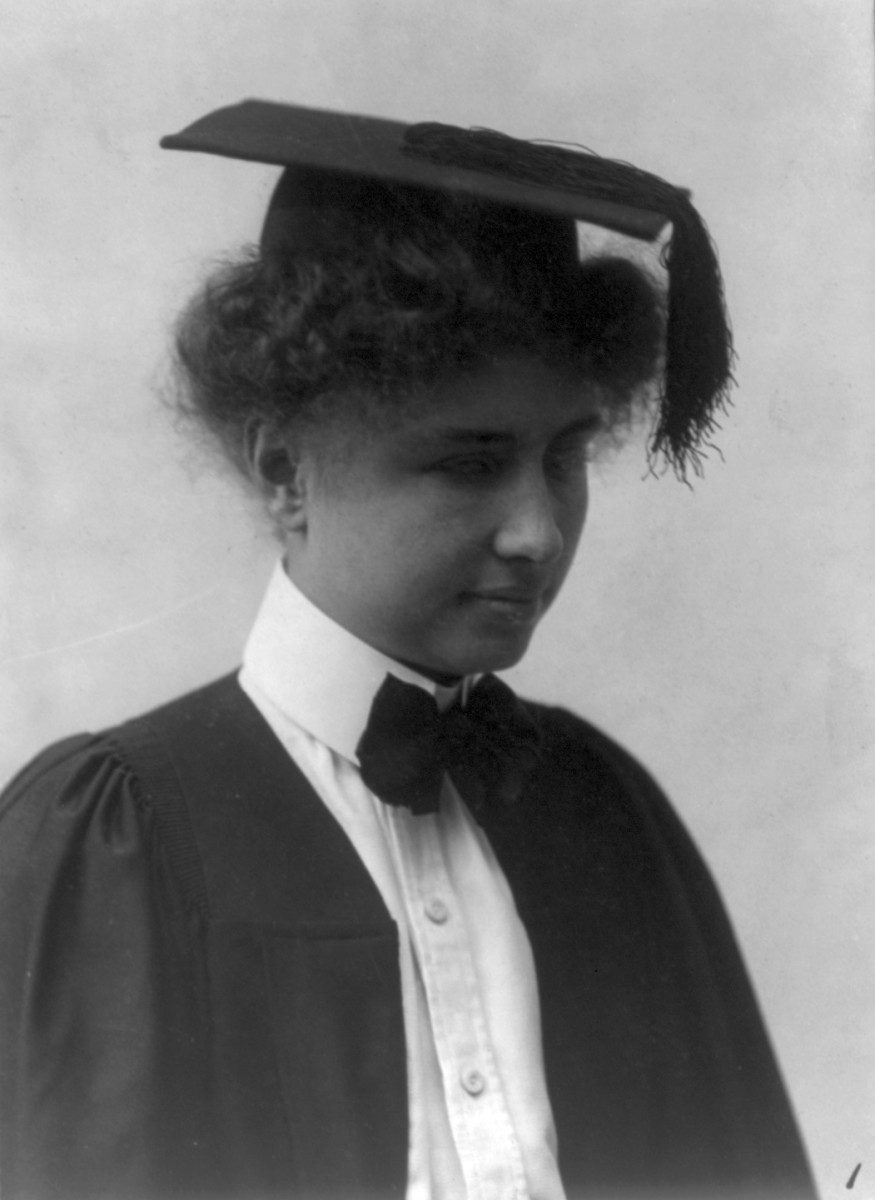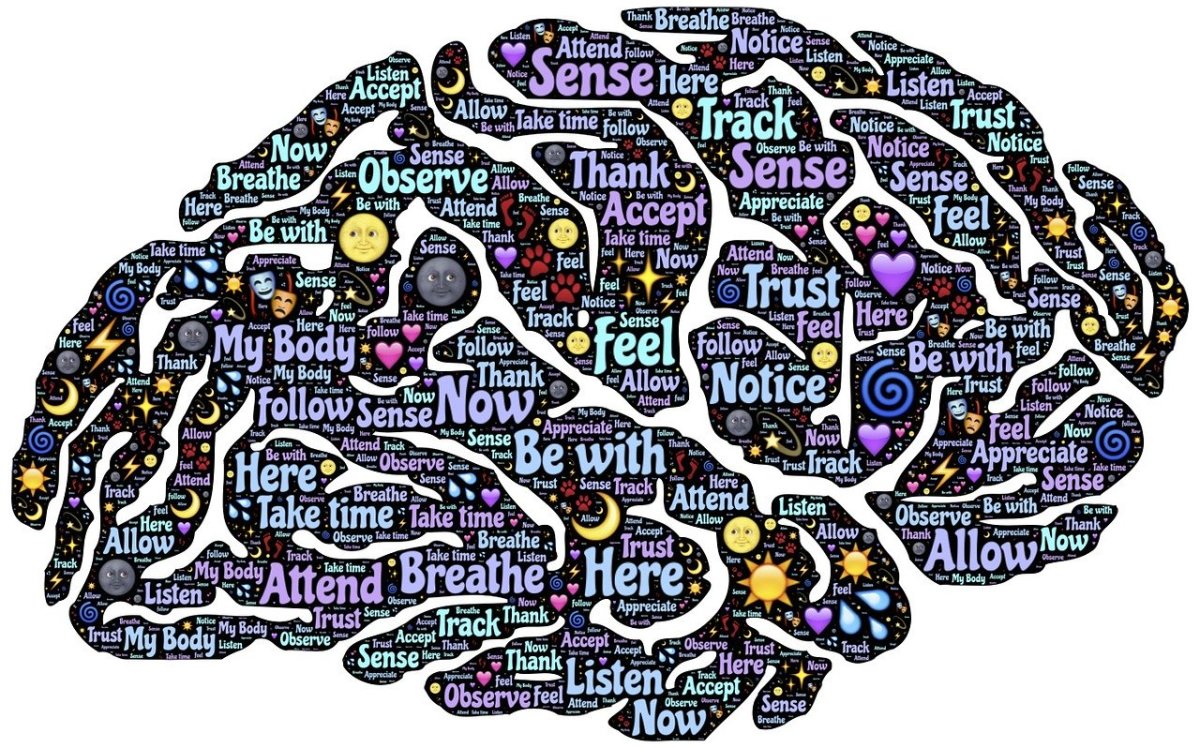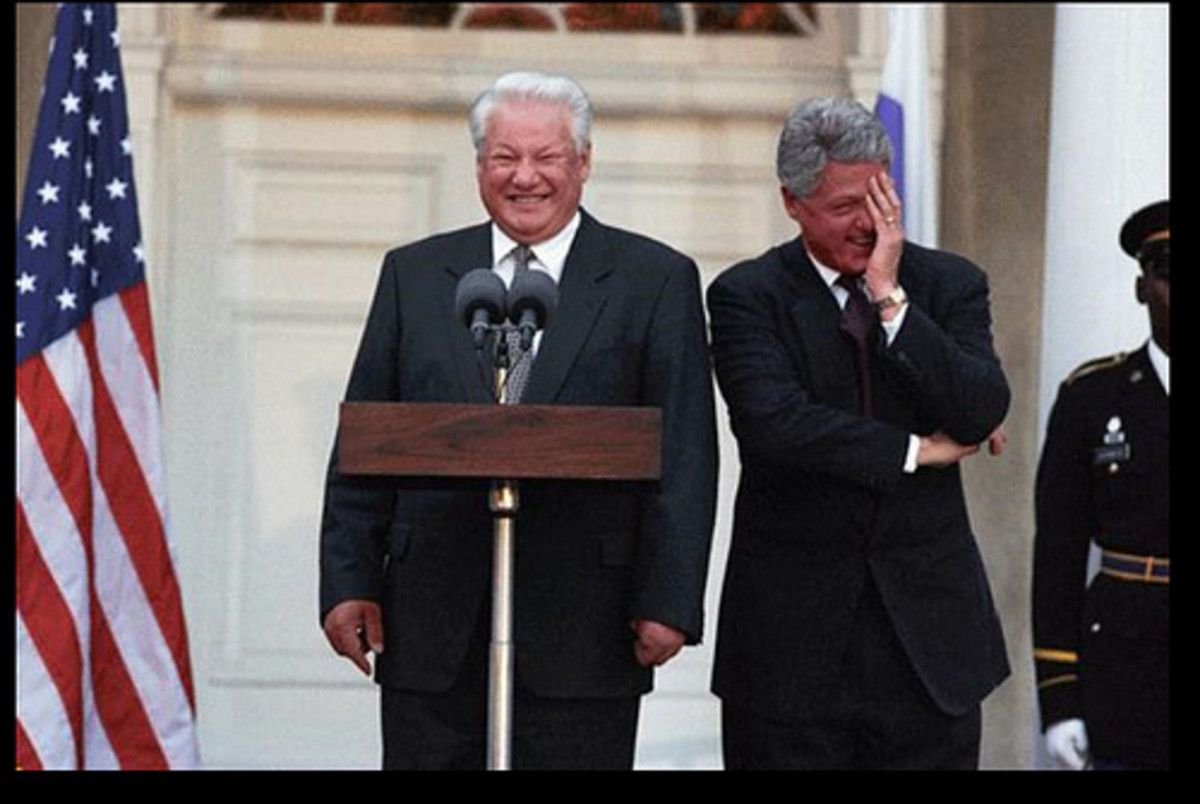Time To Go Back To Where You Left Your ‘Self’
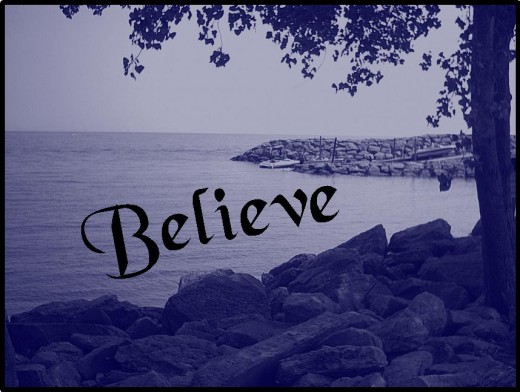
I’d like to take you back, if I may, to a time when this life was just beginning for you. You were fresh, you were new. You were toddling along your path, eagerly trying to figure things out. There was so much! You had so many questions. And who did you naturally turn to for the answers?
Of course, those bigger people who appeared to know EVERYTHING! Notice I used “appeared”.
So you watched. And you listened. If you could read and write at that point, you probably would have taken notes, because there was just so much! You tried to soak in as much as you could each day, taken little pockets of time alone to ponder and process, probably while on the swings in the back yard.
And here’s the kicker. You didn’t question anything way back then. You watched, you listened, you pondered and processed, and you believed it! Why wouldn’t you? You had nothing else to compare this stuff with. You automatically sucked it all in, like a sponge. A young, innocent, trusting, wonderful sponge, looking way up at those seemingly all-knowing, wise and awesome big people, assuming everything they did and said was right and true – the law – their law – your law. No questions asked.
So let’s call the female big person goddess and the male big person god; because whole societies have blindly bowed down in trust and faith in these deities, following their word in autopilot, without independent thought.
Isn’t that what a young child /parent relationship is all about?
It all started at birth, when you came out healthy. Now, I’m not referring at this time to ten fingers and ten toes. The physical health is much easier to hold on to. I’m talking about when you were mentally and emotionally at your healthiest.
Think about this. Imagine a newborn baby girl (You can imagine a boy if you want but I am just choosing a gender for easier writing.) When this baby is hungry, what does she do? And when this baby is thirsty, what does she do? Sleepy? When she wants love? Has a wet diaper? You know it. The answers are the same. She cries. This baby knows her human rights, as any baby does. She knows she has the right to be fed and warm and safe and loved, and expects it. And you, as everyone else, were born with your human rights intact. If you don’t know what they are, you’re not alone. We have been so off focus from our human rights, they are lost somewhere floating in our sub-conscious.
Here are 10 of what I consider the most important of our HUMAN RIGHTS:
1. You have the right to be treated with respect and dignity.
2. You have the right to have and express your own feelings and opinions.
3. You have the right to refuse requests without having to feel guilty or selfish.
4. You have the right to consider your own needs.
5. You have the right to tell others what your needs are.
6. You have the right to make your own decisions (being aware of attached consequences)
7. You have the right to change.
8. You have the right to make mistakes -- and be responsible for them.
9. You have the right to be independent.
10. You have the right to be successful.
When a baby cries for its basic needs, she is applying her rights to express her feelings, consider her own needs and tell others what her needs are.
So what happened to most of us? We were conditioned, simply because we are human and are a part of a familial and societal chain of beliefs and behaviour, to leave ourselves behind -- to please the god and goddess. And now, we beginning to go back to where we left ourselves.
And when do we usually begin to leave ourselves, you might ask?
Consider the age of 2. I know, right? That far back. We have often heard the term “the terrible 2’s”. This is when we begin to learn how to say “no”. Yes ok, as a 2 year old, this ability does tend to throw itself right out there in full force with the stomping of the feet, and rather high-pitched and prolonged “NNOOOOOOoooo!!” We are 2 years old after all. I can only imagine the need for the over-compensation to get the point across.
However, think about how important the ability to say “no” is these days. And then think about how complicated saying “no” can be. And this is why. We, as a society, have labeled the natural, necessary and healthy stage where we begin to development free will terrible.
The conditioning often starts as far back as when we started to understand what our gods and goddesses were saying to us and about us. Remember also, parents talk about their young children to other adults when the children are right there in the room. We begin to get messages about us in the first few years of our lives.
So we knew no different.
And this carried on throughout all of our childhoods. We received messages, sometimes consistent and sometimes conflicting, from our influencers dressed as our god and goddess, other adults in our everyday lives such as grandparents and teachers, our peers, the media, what we read and watch. It came from everywhere. I can’t imagine how anyone would have been able to escape it. This conditioning has been what humans know only as normal, no matter how boring, bizarre or damaging. In the past, it has rarely been questioned other than by scholars, artists, those labelled unstable and other independent thinkers that often were ostracized or, like in John Lennon’s case, murdered. They saw the bigger picture. They have been considered blessed and gifted. They have also been considered troublemakers and blasphemous.
The conditioning was not practiced in just the family unit. It could not have worked alone. The family was merely a reflection of our society’s norm. There was no getting around it. Not completely.
Now consider if there was a chain of control issues involved, surviving and thriving in stealth mode through the generations. What if, for one reason or another, children’s needs didn’t get met properly? Those children grew up, relentlessly yet most often unintentionally seeking out ways to get those unmet needs met.
And then they became parents.
So, what style of parent sounds familiar to you?
What about the parent that doesn’t like to, for one reason or another, be alone and finds all kinds of ways and reasons to, let’s just say, not be alone? Or the parent who doesn’t give enough attention and encouragement? There’s the parent who goes the other way and, let’s call it, over-encourages their children to the point of expecting perfection. And then there’s the household of rigid rules and incongruous punishment. Inconsistent, belittling, and abusing parents are all grown up children who never really got the important emotional needs met along the way, and have found ways to get them met as parents.
I’m not giving excuses and I'm not parent-bashing; I’m trying to impart some insight and understanding. It is what it is.
And so the shift from human rights to a brand new set of rules carefully and subtly slinked its way into each and every one of our lives, to some extent, at some personal level.
Here are 12 of what I consider the most common and life-altering, conditioned beliefs that have been controlling a good percentage of the western world. I like to call them the UNSPOKEN RULES TO GROW UP BY:
1. Don’t feel or talk about feelings.
2. Don’t think, figure things out, or make decisions – you probably don’t know what you want to what’s best for you.
3. Don’t identify, mention or solve problems – it’s not okay to have them.
4. Be good, right, perfect, and strong.
5. Don’t be who you are because that’s not good enough.
6. Don’t be selfish, put yourself first, say what you want need. So don’t set boundaries or take care of yourself – always take care of others and never hurt their feelings or make them angry.
7. Don’t have fun, be silly, or enjoy life – it costs money, makes noise and isn’t necessary.
8. Don’t trust yourself, your higher power, the process of life or certain people – instead, put your faith in untrustworthy people, then act surprised when they let your down.
9. Don’t be open, honest and direct – hint, manipulate, lie, get others to talk for you, guess what others want and need, and expect them to do the same for you.
10. Don’t get close to people. It isn’t safe.
11. Don’t disrupt the system by growing and changing.
12. Always look good, no matter how you feel or what you have to do.
Very few have heard any of these rules actually said directly out loud. That’s why I use the words unspoken and conditioning. If you compare the list of human rights to the above unspoken rules, you will see that they are pretty close to opposites.
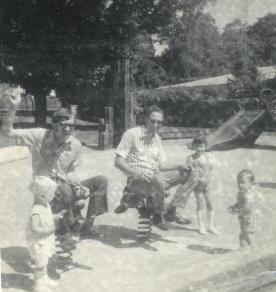
So now you’re an adult. And believe it or not (yes, pun intended), what you grew up with now lives rent free in your head, operating in stealth, 24/7. Even though our conscious awareness knows what it wants – and often it’s to do the opposite of what we were brought up with – our subconscious is still at least partially controlled by the beliefs playing an automatic recording from the past. I created a formula for this rather inconvenient yet extremely purposeful phenomenon that occurs within us over the years.
We are first born with our human rights intact. These are our initial set of beliefs.
Then we have our childhood.
What we are exposed to and experience as a children – and how we, as children, interpret the exposure and experience, creates a new set of beliefs.
With these beliefs, we are more likely to attract and surround ourselves, as adults, with what we were exposed to and experienced as a child, seeing it as normal.
Or to summarize: What we are exposed to and experience as children is what we will allow into our lives as adults.
So this shift I’ve been writing about is a shift from these unspoken rules that have been in the driver’s seat all these years back to our original set of beliefs, our human rights.
And now it’s our job as adults of find our own personal ways to do this. It’s our job to start being true to ourselves. And it’s happening despite any attempts to stop it. No longer is this task chosen just by the blessed and gifted, by the perceived troublemakers and blasphemous. This is for us all! This is our evolution.
Please try not to fret, my friend; this was on your path. All you have to do is remember. And you got this.
“It’s never too late to have a happy childhood.” Wayne Dyer





